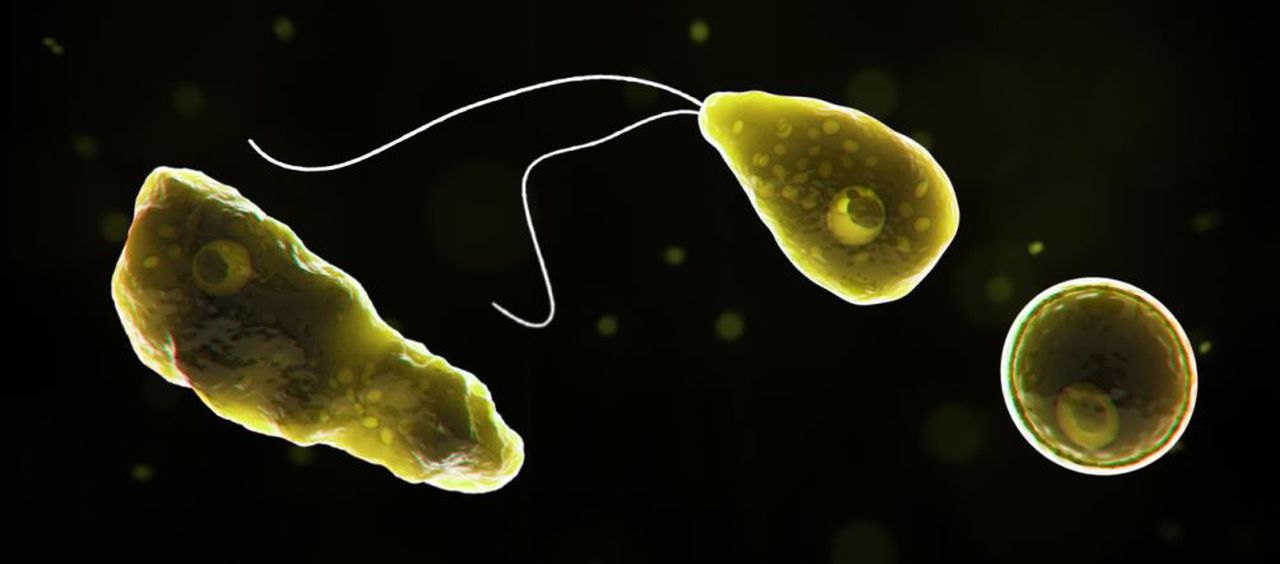Georgia resident dies from rare brain-eating amoeba
A Georgia resident has died from a rare brain-eating amoeba likely contracted while swimming in a freshwater lake or pool in the state, health officials in the state said.
The death occurred after the person was infected with Naegleria fowleri, a rare condition that destroys brain tissue, causing swelling and usually death. Naegleria fowleri lives in soil and warm freshwater lakes rivers and ponds and hot springs, but not salt water, such as the ocean, or in properly treated drinking water or swimming pools.
Prior to this newly confirmed case of Naegleria fowleri infection, there have been five other cases reported in Georgia since 1962.
It’s typically referred to as “brain-eating” because it can cause a brain infection known as primary amebic meningoencephalitis, or PAM, when water containing the amoeba goes up the nose. Only about three people in the United States get infected each year, but these infections are usually fatal.
Infection typically starts with a headache, fever, nausea and vomiting that progresses to a stick neck, seizures and coma that can lead to death. Symptoms usually begin about five days after infection but can start as soon as one day after infection, or as long as 12 days. Once symptoms start, the disease progresses rapidly and usually results in death in about five days.
How to protect yourself from Naegleria fowleri infection:
• Avoid jumping or diving into bodies of warm fresh water, especially during the summer.
• Hold your nose shut, use nose clips, or keep your head above water when in bodies of warm fresh water.
• Avoid putting your head under water in hot springs and other untreated geothermal waters.
• Avoid digging in, or stirring up, the sediment in shallow, warm fresh water. The amoebae are more likely to live in sediment at the bottom of lakes, ponds, and rivers.
READ MORE: U.S. ban on popular lightbulb goes into effect Aug. 1
